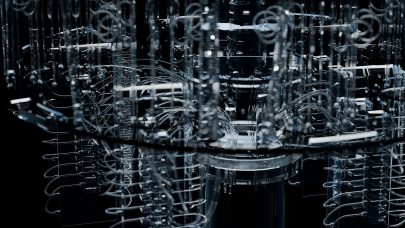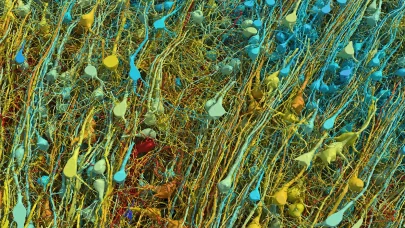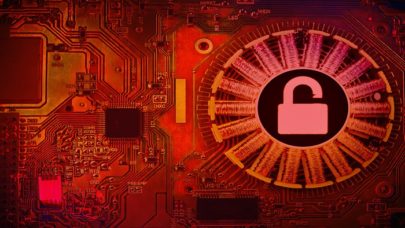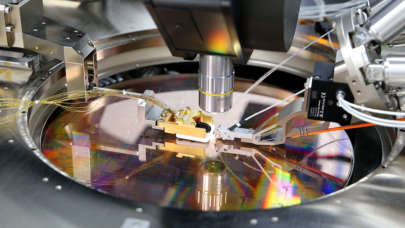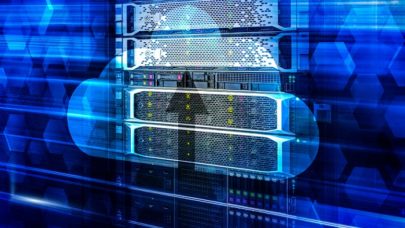Last week, we highlighted Folding@home, a massive, crowdsourced computer network that has turned its resources against the coronavirus pandemic sweeping the globe – but Folding@home isn’t the only game in town. The internet is buzzing with crowdsourced computing projects, ranging from puzzle games like Eterna that allow anyone to fight back to what is perhaps Folding@home’s most prominent peer: Rosetta@home.
Rosetta@home, much like Folding@home, is a massive network of volunteer computers that allows citizen scientists to commit their computers’ CPUs and RAM to protein analysis tasks. Rosetta@home operates on the Berkeley Open Infrastructure for Network Computing (BOINC) platform, which was originally developed by the University of Washington’s Baker laboratory (run by David Baker) to support the (recently sunset) SETI@home project. Currently, Rosetta@home comprises nearly 100,000 hosts across 151 countries, collectively enabling an estimated 1.26 petaflops of volunteer cloud computing power.
Rosetta@home was committed to COVID-19 research by way of Robetta, an online protein prediction server offered free of charge to academic researchers. The sheer quantity of COVID-19 tasks operating on Rosetta@home came to light after a user on the BOINC forums reported their computer actually crashing due to “huge RAM usage” stemming from Rosetta@home. On February 14th, an admin chimed in to explain the mysterious spike in resource use.
“These are likely jobs that are modeling the Spike complex […] of 2019-nCoV_S, the coronavirus,” they wrote. “The genome has been sequenced and there is a mad rush to determine structures for possible drug targets. We are collaborating with a number of different research groups to model coronavirus proteins that may be possible drug targets, including the [National Institute of Health/National Institute of Allergy and Infectious Diseases] and [the Seattle Structural Genomics Center for Infectious Disease.]”

Just one week after that, the University of Washington’s Institute for Protein Design (IPD) reported on the progress so far. The news confirmed that Rosetta@home had been crunching the infamous “spike” protein of the coronavirus – the same one being attacked by Summit, the world’s most powerful publicly ranked supercomputer – and revealed that it had been able to “accurately predict the atomic-scale structure of an important coronavirus protein weeks before it could be measured in the lab.”
IPD also highlighted some possible applications of this research. “With this knowledge in hand,” they wrote, “researchers at the Institute for Protein Design are now working to create new proteins to neutralize coronavirus. If successful, these antiviral proteins would stick to the SARS-CoV-2 spike protein and thereby prevent viral particles from infecting healthy cells.” Furthermore, IPD revealed that research colleagues at the National Institute of Health and the University of Washington were using Rosetta@home’s results to produce vaccine candidates – some of which are already being tested on mice.
“Thank you to all R@h volunteers for your contributions to help accurately model important coronavirus proteins,” a Rosetta@home admin wrote in a forum post in response to the news. “The collective computing power that you provide through R@h helps academic research groups worldwide model important protein structures like these.”
The crowdsourced computing model has been a roaring success for COVID-19 research, inspiring massive donations of computing power and camaraderie among volunteers. Cancer Computer, an Ottawa-based nonprofit that repurposes end-of-life hardware for oncological research on Rosetta@home, has turned its 14,300 cores toward supporting IPD’s COVID-19 research workloads.
“The Government of Canada recently donated four hundred and ten (410) Dell & HPE Gen12/13 servers to Cancer Computer,” wrote Roy Chartier, CTO of Cancer Computer. “These servers will allow Cancer Computer to nearly triple our current supercomputing contribution to IPD, and will have a significant impact on research outcomes related to COVID-19.” (Chartier also issued a call for financial contributions to help make those servers operational.)
Cancer Computer’s resource dedication is a boon for the research, as it is currently the top-ranked organization on BOINC’s Rosetta@home leaderboards and places in the top ten overall. The first place goes to a homegrown community effort: a nearly 3300-person Rosetta@home team formed from reddit’s /r/covid19 subreddit, aptly named /r/Covid19. (Sixth place, similarly, goes to the COVID-19 team with nearly 700 members.)
To run Rosetta@home on your own computer, simply click this link, download the BOINC desktop software, run the installer, and select “Rosetta@home” from the menu.
